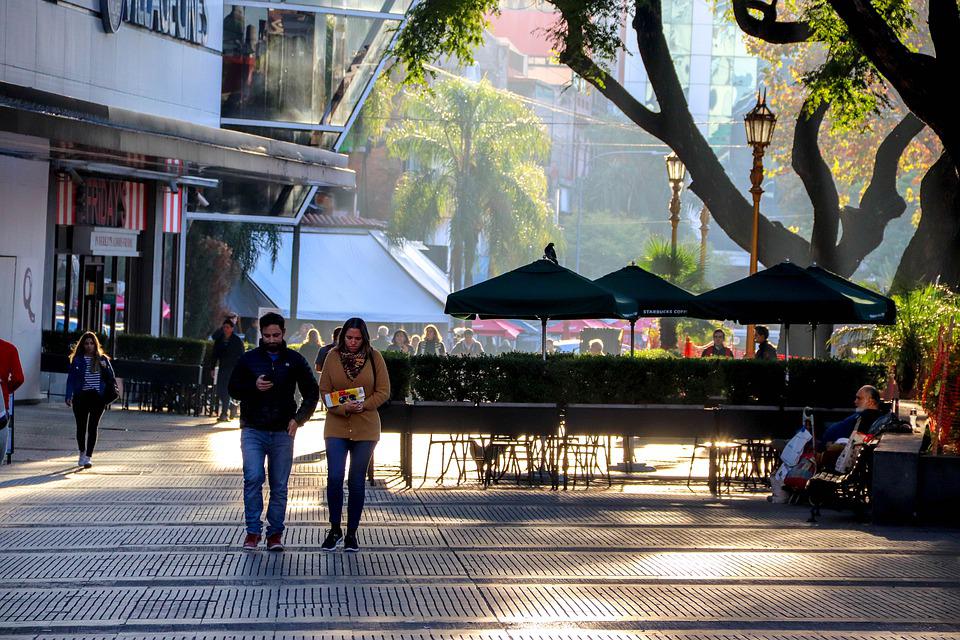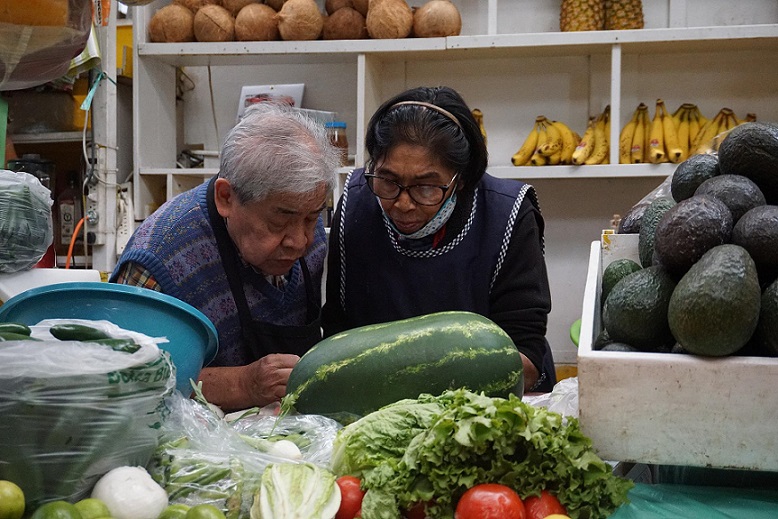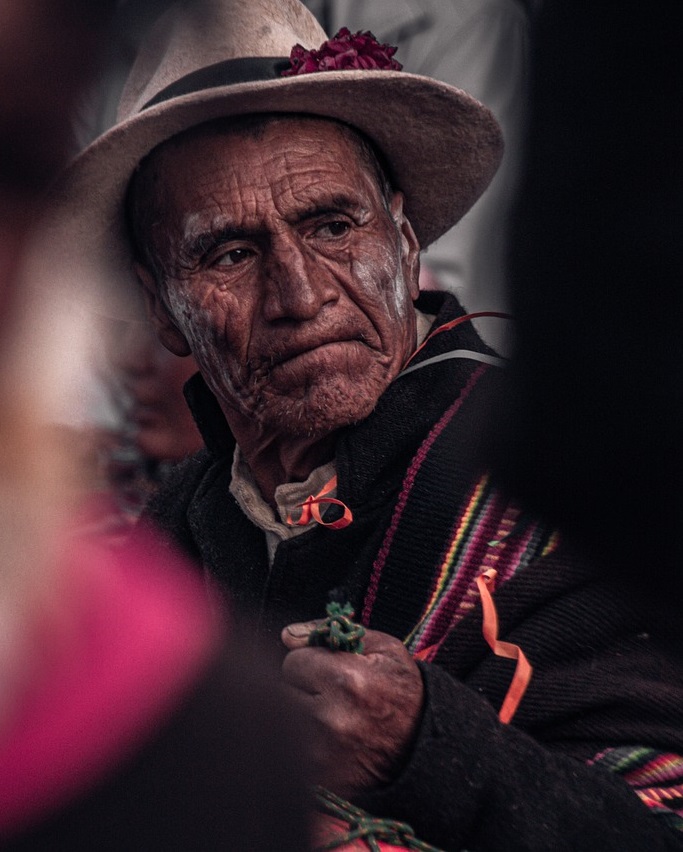A Latin-American is someone who belongs to, or is descended from Latin America, the conjunction of countries which mostly speak Spanish or Portuguese, without excluding the indigenous languages.
 Claudio Chipana
Claudio Chipana
We are Latin-Americans because we come from that great region south of the Rio Bravo, that region which is at the same time a utopia and the reason for our day-to-day existence.
Identities are not a racial or cultural essence, even more so when it is a question of the identities of migrants. Every identity takes on specific forms, and with more reason in the case of migrants.
The recognition of immigrant minorities is a process which takes on specific forms in conformity with the characteristics of the host society, as well as passing through stages which are determined by the corresponding practices of the immigrants as a community.
Because of this, adaptation to – which is also the assimilation, resistance, identification, and rejection of – an ethnic or cultural identity acquires specific features, and takes on certain tasks which originate from the process of adaptation and recognition itself.
In addition, Diasporas are more than statistics, because immigrants go on creating new cultural spaces, and ultimately new identities.
 However, despite these specific variations, there are traits which identify Latinos in any part of the world.
However, despite these specific variations, there are traits which identify Latinos in any part of the world.
In the case of Latin-Americans in the UK and other Latino com munities in other parts of the world, their roots are shared – language, history and culture – and so are the ultimate goals of the communities.
Latinos in the UK still do not figure in the official Census, and are not categorized as an ethnic minority by public services, with the exception of the London Borough of Southwark. For this reason it is not hard to see that the most important task of Latino groups in the UK is to achieve recognition as an ethnic minority by other local authorities, including the Greater London Authority.
At the same time the demand for recognition is an important tool of strengthening and developing the Latino community in itself.
Certainly recognition amounts to more than a place in the statistics; it is more than anything, and ultimately, a political recognition.
 The Latino community is very dynamic and creative in areas such as music, cuisine and other aspects of their way of life.
The Latino community is very dynamic and creative in areas such as music, cuisine and other aspects of their way of life.
It could be said that it already enjoys cultural recognition but paradoxically is not recognized politically. ‘Latin-American’ does not stand for any particular race or cultural characteristic.
A Latin-American is someone who belongs to, or is descended from Latin America, the conjunction of countries which mostly speak Spanish or Portuguese, without excluding the indigenous languages.
We are not a homogeneous community – in fact we are one of the most diverse – which is an advantage because our identity is multicultural, and we are seeking to become part of a society which is already multicultural – in spite of the efforts of some to deny it. But at the same time it brings a number of difficulties, since we don’t all agree in recognising ourselves with a unique identity because of our plurality.
In any case, we are Latin-Americans because we come from that great region to the south of the Rio Bravo, that region which is at the same time a utopia and the reason for our day-to-day existence. (The Prisma’s memoirs)
(Translated by Graham Douglas – Email: ondastropicais@yahoo.co.uk) – Photos: Pixabay












.jpg)












